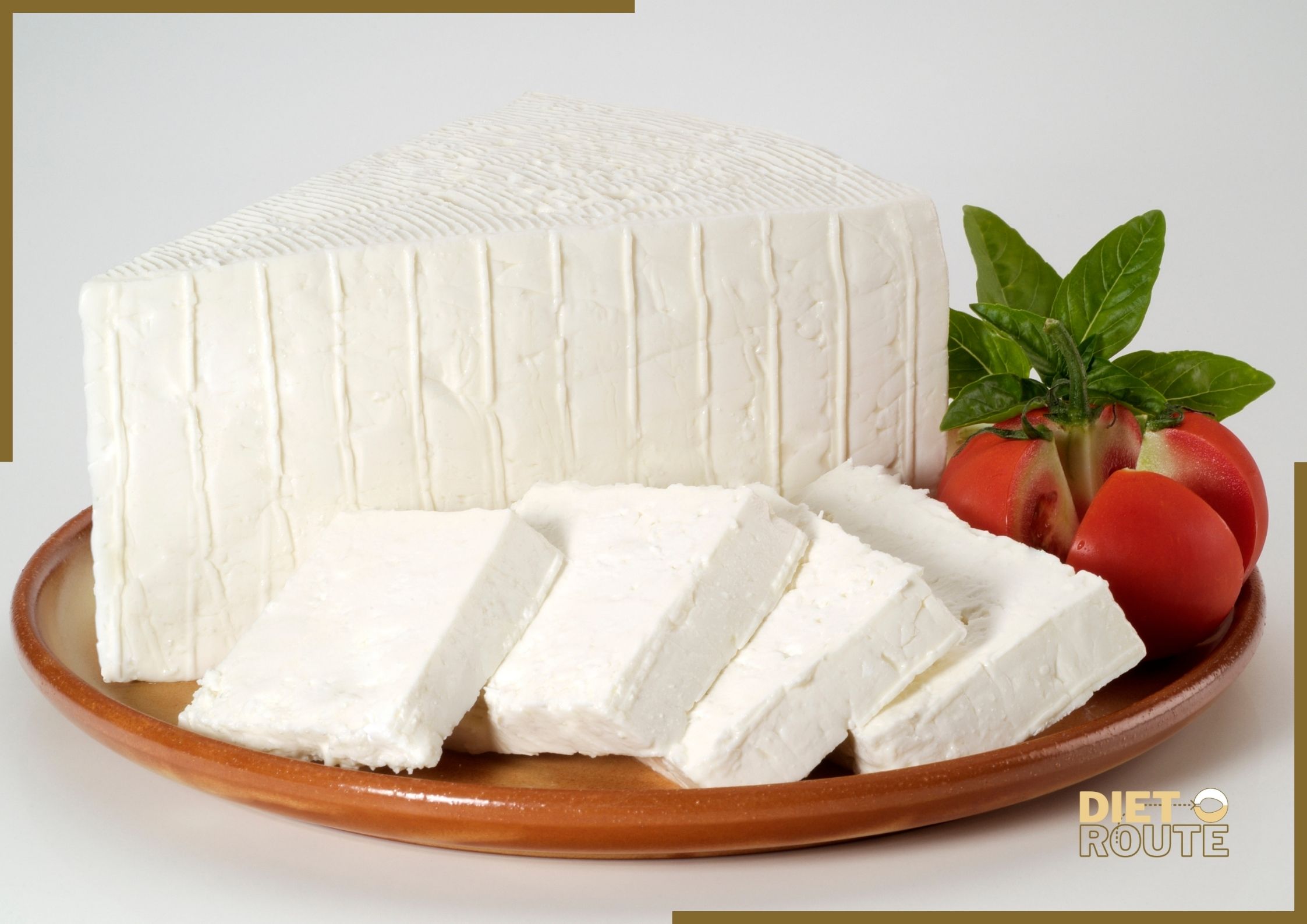Table of Contents
Introduction
Swiss cheese is often used for sandwiches, melting, and snacking. It is known for its holes and mild, nutty taste. Due to its unique qualities, this cheese variety, which has its origins in Switzerland, has gained worldwide fame. In addition to adding a delectable touch to many meals, Swiss cheese has nutritional advantages. The nutritional makeup of Swiss cheese will be examined in this article, along with its pros and cons, as well as its role in a well-rounded diet.
Nutritional Value Approximately 100g
The values provided are approximate can vary depending on the size and quality.
| Nutrient | Amount | Percentage Daily Value |
| Calories | 380 kcal | 19% |
| Total Fat | 28.4 g | 44% |
| Saturated Fat | 18.4 g | 92% |
| Cholesterol | 93 mg | 31% |
| Sodium | 410 mg | 17% |
| Carbohydrates | 3.4 g | 1% |
| Sugars | 0.4 g | – |
| Protein | 27.4 g | 55% |
| Calcium | 897 mg | 90% |
| Vitamin A | 951 IU | 19% |
| Vitamin B12 | 3.2 µg | 53% |

Pros
1. Excellent Source of Protein:
Swiss cheese is a high source of high-quality protein, which is essential for muscle growth, repair, and overall health.
2. Calcium-Rich:
It has a lot of calcium, which helps keep bones and teeth strong and plays a key role in many body processes.
3. Vitamin B12:
It is a good source of vitamin B12, which is important for nerve activity, making DNA, and making red blood cells.
4. Nutrient-Dense:
It includes essential nutrients, such as vitamins A and D, phosphorus, and zinc, contributing to overall health and well-being.
Cons
1. High in Saturated Fat:
It is relatively high in saturated fat, which may increase the risk of heart disease if consumed in excess. The key is moderation.
2. Sodium:
It includes sodium, so individuals who are on a low-sodium diet or who have high blood pressure should watch their intake.
3. Lactose intolerance:
Like other dairy goods, Swiss cheese has lactose in it. Depending on their tolerance levels, people who have lactose intolerance may need to restrict or avoid eating.
In a Nut Shell
Swiss cheese has a unique taste and many nutritional advantages, such as a high calcium and protein content. Due to its saturated fat and sodium levels, it must be moderated in intake even though it can be enjoyed as part of a healthy diet. Individuals can enjoy the taste while benefiting from its nutritional benefits by making wise decisions and exercising portion control. Talking to a doctor or trained dietitian can help you figure out how to add Swiss cheese to a healthy eating plan that works for you.
Frequently Asked Questions (FAQs)
1. Are Swiss cheeses safe for individuals with lactose intolerance to consume?
In comparison to other dairy products, it generally has lower lactose levels, making it more palatable for individuals who are lactose intolerant. But people may have different levels of patience.
2. Is Swiss cheese good for a diet to lose weight?
While it can be enjoyed in moderation as part of a diet to lose weight, it’s important to take its calorie and fat content into account. Choosing varieties with lower fat may be advantageous.
3. Do high cholesterol levels and Swiss cheese go hand in hand?
It has saturated fat, which can raise cholesterol levels like other high-fat cheeses. People with high cholesterol should limit their intake and choose lower-fat options when they can.
4. Can Swiss cheese be included in the diet of individuals with diabetes?
In moderation, it can be part of a diet that is good for people with diabetes. It is advisable to think about the size of the serving and include it as part of a well-balanced meal plan.
5. Is Swiss cheese a good source of the mineral calcium?
Yes, it is a great source of calcium, promoting bone health and contributing to a number of bodily processes.
6. Can Swiss cheese be frozen to keep it for a long time?
It can be frozen, but when it thaws, the taste may be different. For the best taste and quality, it is best to consume it within a reasonable timeframe.
7. Can individuals who follow a gluten-free diet consume Swiss cheese?
It usually doesn’t contain gluten because it doesn’t have wheat, barley, or rye in it. For individuals with celiac disease or gluten sensitivity, cross-contamination during processing should be taken into account.
8. How should Swiss cheese be stored?
It should be stored in a specific way. Swiss cheese should be stored in the fridge at temperatures below 40°F (4°C). It is advisable to wrap it tightly or put it in an airtight container to keep it fresh.
9. Does Swiss cheese cause allergies?
Individuals who are allergic to milk proteins may experience allergies while consuming this cheese, which is made from cow’s milk. People who know they have allergies should be careful or look for other options.
10. Can women who are pregnant consume Swiss cheese?
Swiss cheese made from pasteurized milk is safe to consume by pregnant women. But it’s important to make sure the cheese comes from a reliable source and is stored properly to reduce the risk of getting sick from it.









